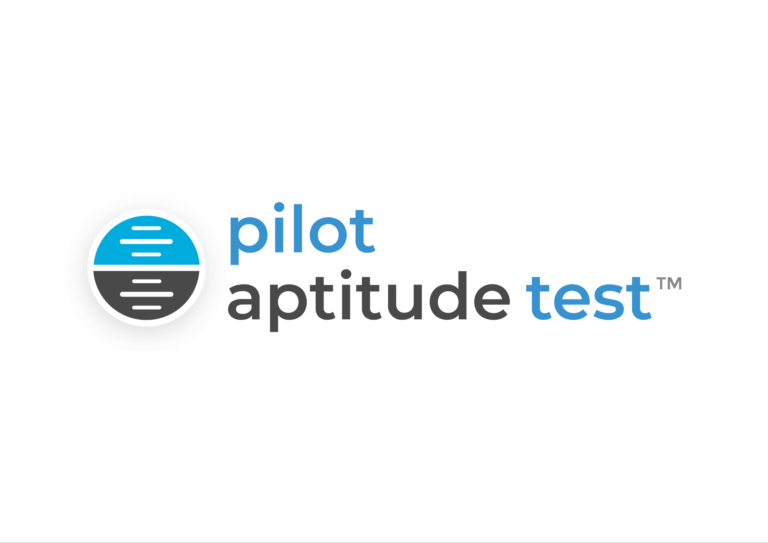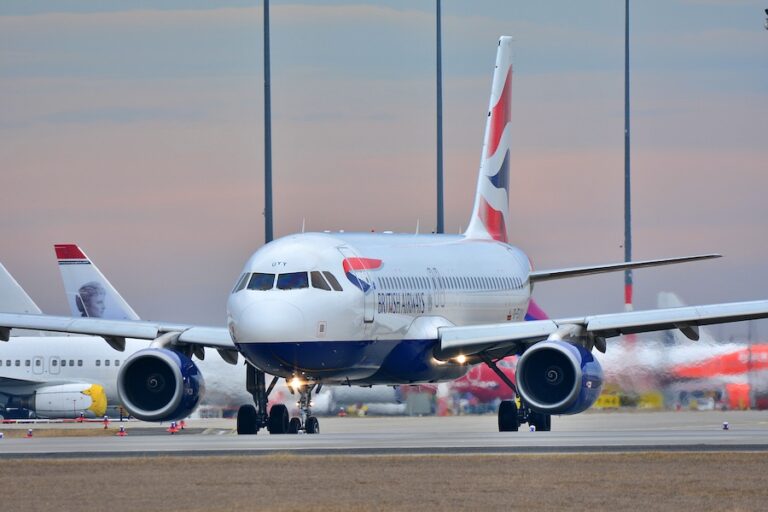ACTION WILDCAT, ACTION WILDCAT!
When you are the only helicopter pilot onboard the ship, hearing this over the main broadcast means you are going to have a busy few hours. As a Wildcat HMA (Helicopter Maritime Attack) pilot embarked in a Frigate or Destroyer you can be required to wear many hats. From getting airborne to FIND, FIX, TRACK and TARGET an inbound fleet of suspect fast attack crack (FAC) to conducting long range surveillance of a nation’s navy and coastline; from launching to CASEVAC one of your ship mates to providing over watch to a counter-narcotic boarding with maritime snipers, each day presents a different challenge and ultimately reward.
Unlike many other units in HM armed forces you deploy as a “Flight”, a tight knit unit consisting of 1 Aircraft, 1 Pilot, 1 Observer and 9 Engineers all bolted into a living and breathing warship to act as one of the ship’s sensors and weapon platforms. This presents unique challenges to a young and developing pilot. Sometimes operating EMCON silent (No off-ship contact) you need to carry out the roles of a fully formed Sqn with associated support functions. Weather forecaster, programmer, divisional officer and that is before you get airborne. Being the only pilot onboard means you haven’t got the safety blanket of another pilot to turn to for advice on all things hands and feet!
Unfortunately you are in high demand. You are going to spend a minimum of 6 months away a year in your first job and that can be difficult, but you are going to meet some incredible people all over the world and have your own individual helicopter to see it with. Flying the same aircraft day after day for 6 months is an incredible experience. You get to know her quirks, how she responds to operating at the edge of the flight envelope and ultimately you know when things aren’t quite right.
Operating an aircraft from a Frigate or Destroyer at sea has got to be one of the most challenging areas within MOD RW aviation (Yes I may be biased). The open ocean offers a set of challenges not faced in any other sphere of aviation. You will be asked to operate in weather you would feel uncomfortable driving in. The term “Grub Navy” fell out of the need for Lynx and Wildcat crews to stooge around at low level (underneath cloud bases as low at 100 feet) to probe and ID possible suspect vessels hiding in the murk. You will be asked to fly the aircraft IMC (on instruments) with the Radar Altimeter (RADALT) as low as 100 feet without the benefit of a Digital AFCS and ultimately you will be asked to return at the end of your mission and land your helicopter on a pitching, rolling and turbulent flight deck; day, night, in poor weather and often with no moon. No matter your experience level if that doesn’t make the heart skip a beat then it is time to stop flying.
It isn’t all hard work though, being a Wildcat pilot gives you a unique ability to fly an aircraft in some of the most amazing place all over the world. In a 6 month deployment you will be required to fly in vast open ocean settings, conduct approaches into sandy desolate airfields to pick up people and stores, operate over a beautiful jungle island conducting a recce for disaster relief operations and fly along some of the most beautiful coastline in the world (at low level of course!). Unlike a lot of jobs you cant sit back and enjoy the epic flying you’ve done with a nice cold beer; as the flight pilot you hold a 45 minute alert to conduct Search and Rescue throughout the night and I can attest, being shook awake and then getting airborne from a flight deck 45 minutes later is one of the craziest and most adrenaline filling events you can experience! But after all the flying is done the ship is going to take you to another port for you to explore, host a cocktail party explaining all the cool things you have done and then head out into town to explore the local night life. Being a Navy pilot has led me to experience some crazy events in little bars and clubs all over the world (But that’s for another day!).




